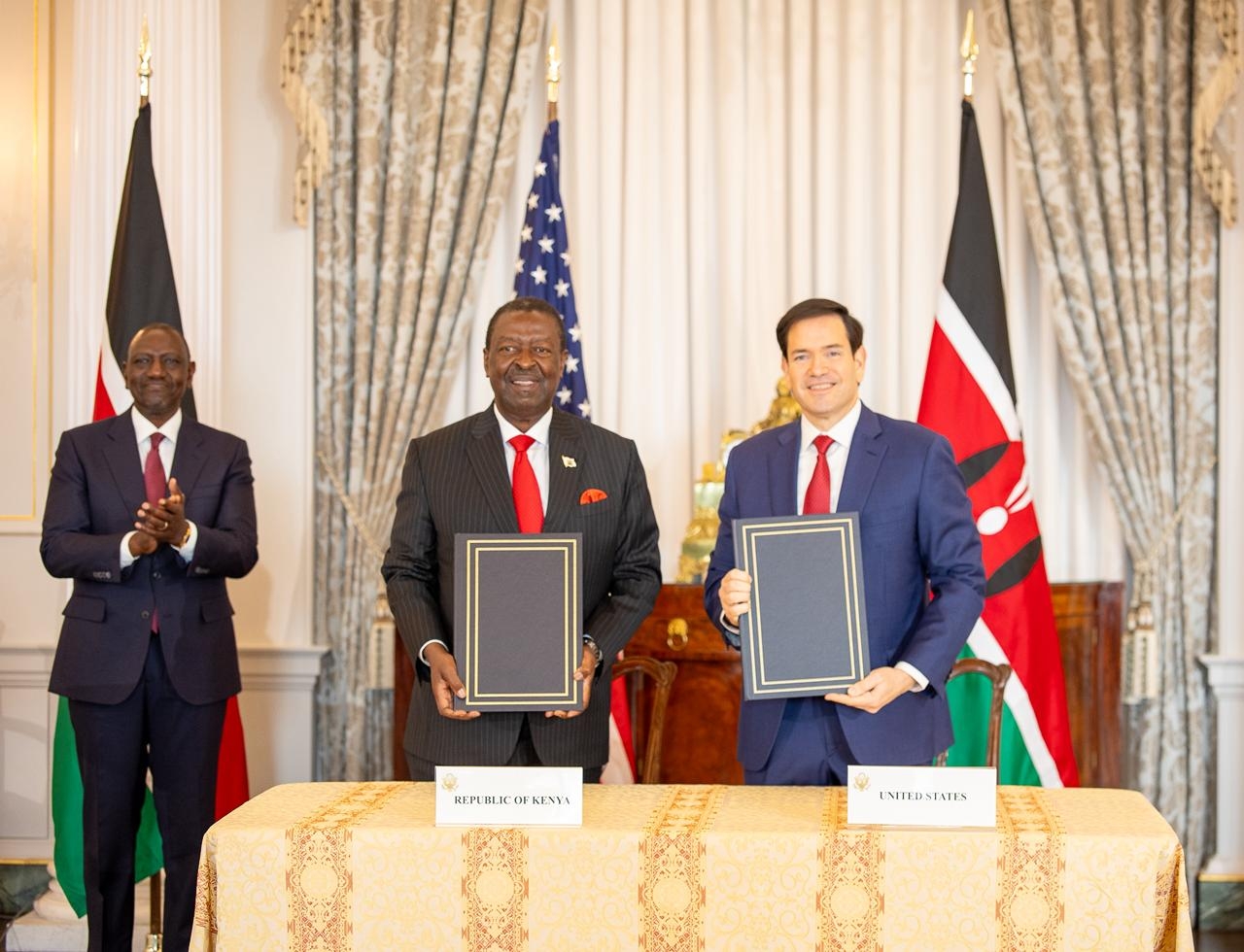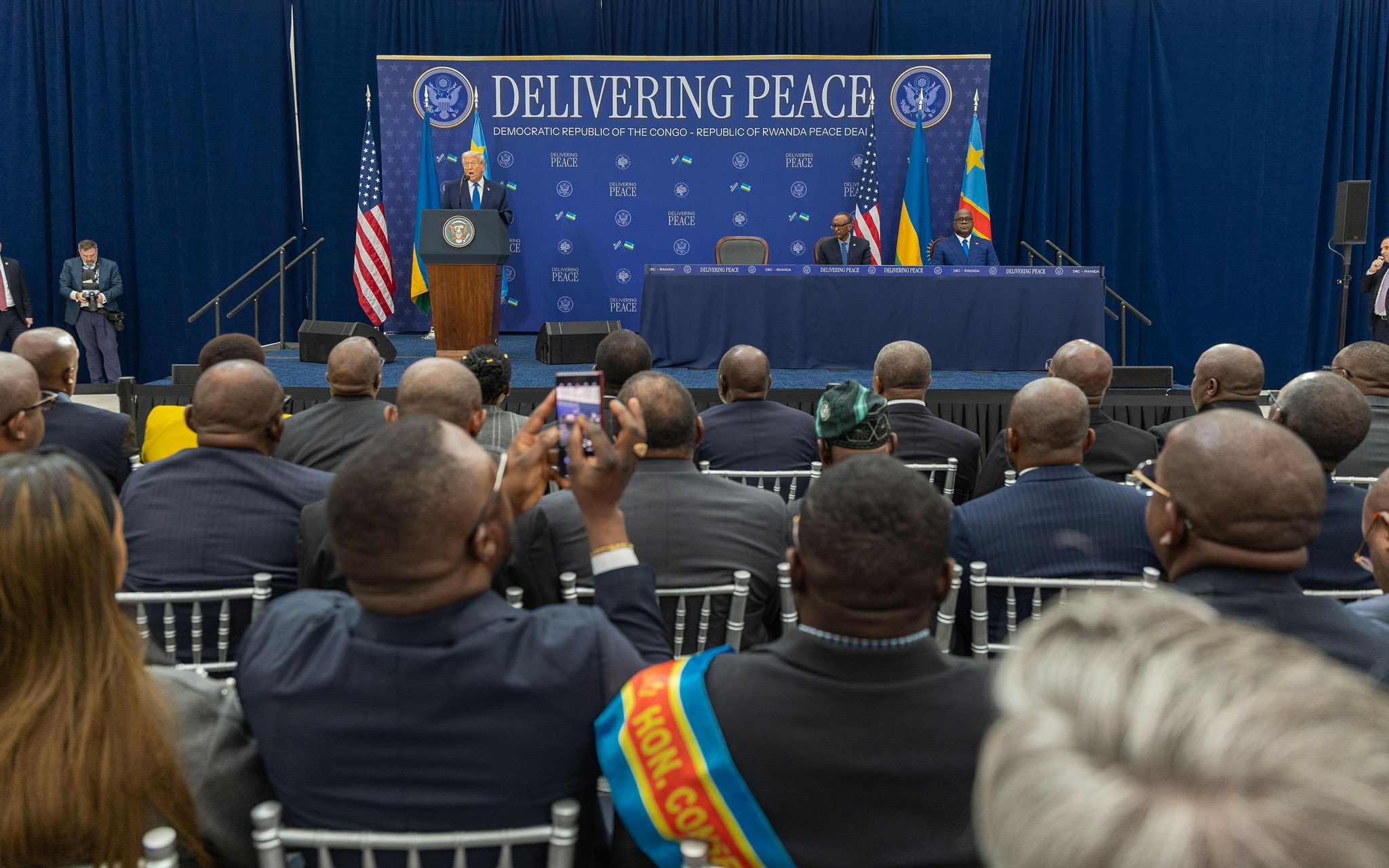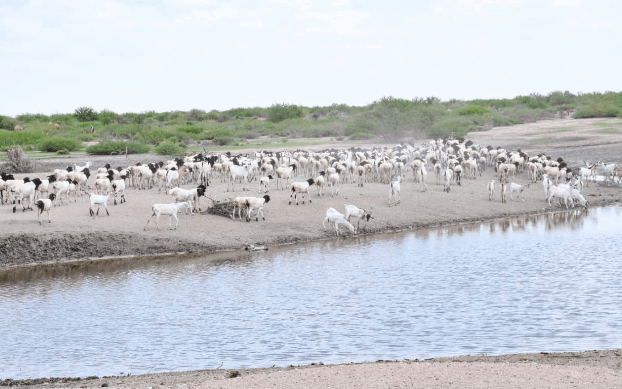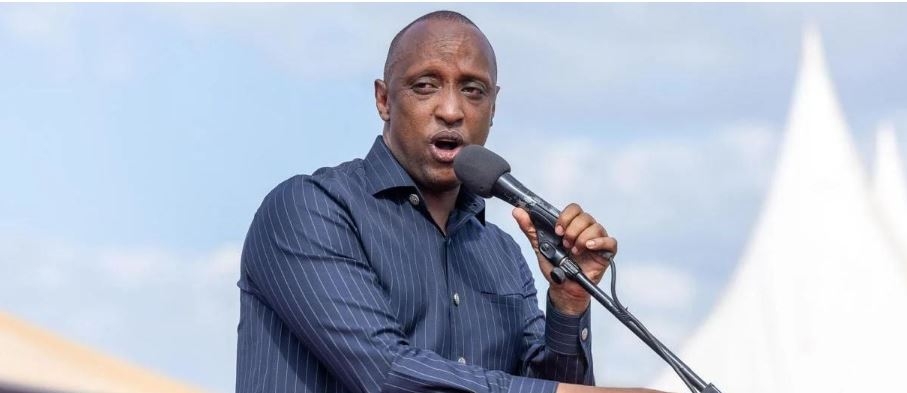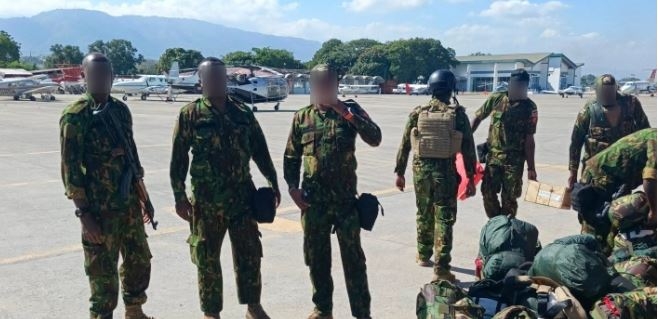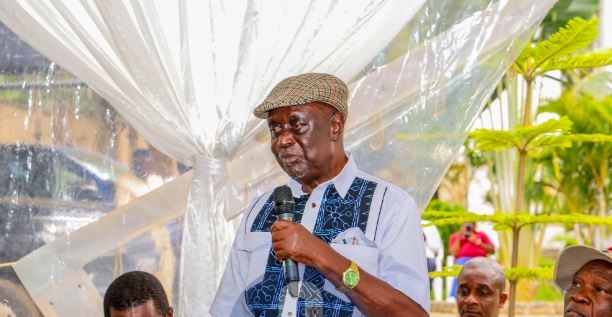Women drawn from Indigenous communities have protested against exclusion in carbon credits initiatives due to land tenure insecurity.
Speaking at the ninth Annual National Indigenous Women Conference in Nanyuki on Monday, the women said while they are aware huge amounts of carbon credits will be harvested from their regions, failure to have community land registered excludes them from benefiting from carbon credits.
“It requires free, prior consent from the communities, enough awareness by the communities and also understanding the nitty-gritty issues such as how they will be compensated and the percentages for that,” Nuria Gollo of Marsabit Women Advocacy and Development Organization and Indigenous Women Council said.
Panelists during a discussion on inclusion in land tenure rights, climate justice and natural resource governance on Tuesday raised concerns about the opaqueness in carbon trading, with complaints that communities were getting a raw deal.
They said that despite global conversations about carbon credits and climate financing, grassroots communities lack capacities and information access.
Carbon markets offer a platform to trade greenhouse gas emissions as one of the approaches towards Paris Agreement targets by incentivizing emission reductions and promoting sustainable practices by facilitating the exchange of emissions allowances and credits.
Kenya is among the key global players in the carbon markets, currently ranked eighth in the world, accounting for 12 per cent of the world's nature-based solution credit issuances according to Voluntary Carbon Market Update 2023.
In an auction in June 2023, 16 Saudi firms bought more than 2.2 million tonnes of carbon credits, 70 per cent of which were generated from projects in Africa, including Kenya.
Notable carbon market projects in Kenya include the Mikoko Pamoja, Upper Tana Nairobi, Vanga projects certified by Plan Vivo, the Northern Rangeland Trust project, and Burnstoves, a clean cookstove manufacturing.
However, concerns have been raised over land rights, climate justice and transparency.
A BBC report in November 2023 said the Ogiek Community, among the indigenous groups, had been displaced from the Mau Complex.
Dr Justin Kenrick from the Forest People's Programme was quoted by the BBC stating that by evicting the Ogiek, the government was trying to “cement its full territorial - and financial - control over an increasingly lucrative asset”.
"Those in control of Africa's forests stand to earn a lot of money. The Mau is Kenya's biggest forest and in our view, it's clear that the interest shown by offsetting companies is prompting the Kenyan government to assert its control," Kenrick said.
"The Ogiek are on the front line of a false climate solution that is used to justify ongoing evictions and emissions."
The women representing 23 indigenous groups are mostly drawn from the pastoralist regions of Samburu, Marsabit, Isiolo, Laikipia, Kajiado and Wajir, among other counties.
BENEFIT DIRECT TO COMMUNITIES
They also argue that proceeds from carbon credits should be channelled directly to the communities, not the counties.
“Communities should manage their resources. We don’t want to accept monies given to the county governments. We want it directly to the community and that’s a process: Awareness is created, committees are selected and then payments are made to the communities because they are the real owners.
“Politicians come and go after every five years but the communities are there to stay and therefore, they should be in charge of their resources as they have done since history,” Gollo said.
They also called for caution in community land registration, insisting on dialogue and consultations among the communities.
They noted that while Kenya’s Climate Change Act 2016 and Community Land Act (CLA) 2016 provide crucial legal frameworks for addressing climate change, they often lack participation and information access.
Defenders Coalition Executive Director Kamau Ngugi took issue with the leasing of community land, noting there is a need for more information and transparency.
“When you lease land for say 100 years without the community knowing the type and amount of resources underneath, that’s not just,” Ngugi said.
The three-day conference brought together diverse grassroots women leaders from pastoralists, hunter-gatherers, fisher folks and Indigenous Women Living with Disabilities across 23 counties. There were guests from Uganda, Tanzania and Haiti.
Laikipia Governor Joshua Irungu, National Gender and Equality Commission chairperson Dr Joyce Mutinda, National Land Commission CEO Tache Kabale, NGEC commissioner Caroline Lentupuru and MCAs were present.
This year’s conference theme was “Building on Opportunities and Challenges Affecting Indigenous Women and Youth in Climate Change Negotiation, Land, and Natural Resource Governance.”
For eight years, Samburu Women Trust as the secretariat and convenor led by Jane Meriwas has been organizing the annual national Indigenous women conference for IWC, to assess, develop, and present recommendations to be presented at every policy development platform.


